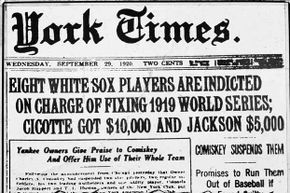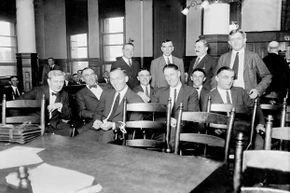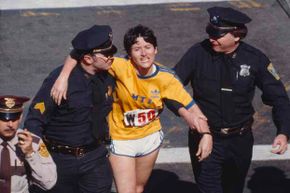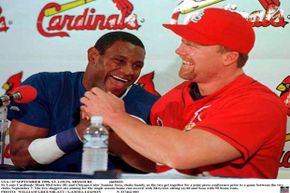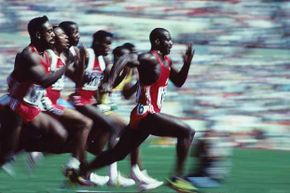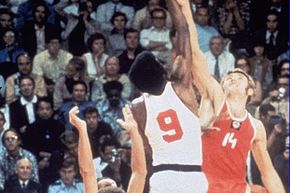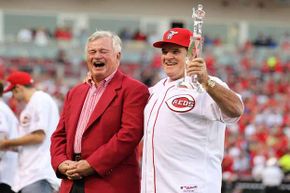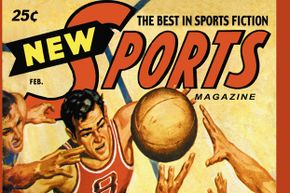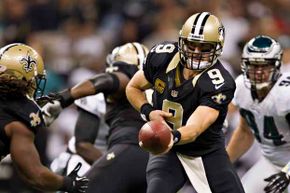Betting, battery, bribery...and you thought sports were exciting on the field!
Sure, watching your favorite baseball team win that big game is entertaining, but what's happening behind the scenes is sometimes just as dramatic as the action in the bottom of the ninth. Sports cheating scandals run the gamut from athletes using performance-enhancing drugs to get a jump on the competition to much more violent indiscretions where players intentionally harm each other.
Advertisement
Of course, when anyone cheats in sports, they let down their teammates, but many fans also take it personally when they discover that their favorite athlete or team hasn't been playing by the rules. Fans feel betrayed when a cheating scandal breaks -- just look at the fallout from the recent Lance Armstrong doping scandal. There are a myriad of editorials talking about how Armstrong not only let down his team but his fans as well.
Armstrong wasn't the first (or last!) athlete to cheat. When the Black Sox scandal broke in 1919, a young fan purportedly walked up to "Shoeless" Joe Jackson and said, "Say it ain't so, Joe!" Whether this really happened is up for debate, but what's not ambiguous is how much scandals like these let down not just teammates and coaches, but sports fans as well.
Here are 10 of the most infamous starting with the one that sparked the young fan's protest.
